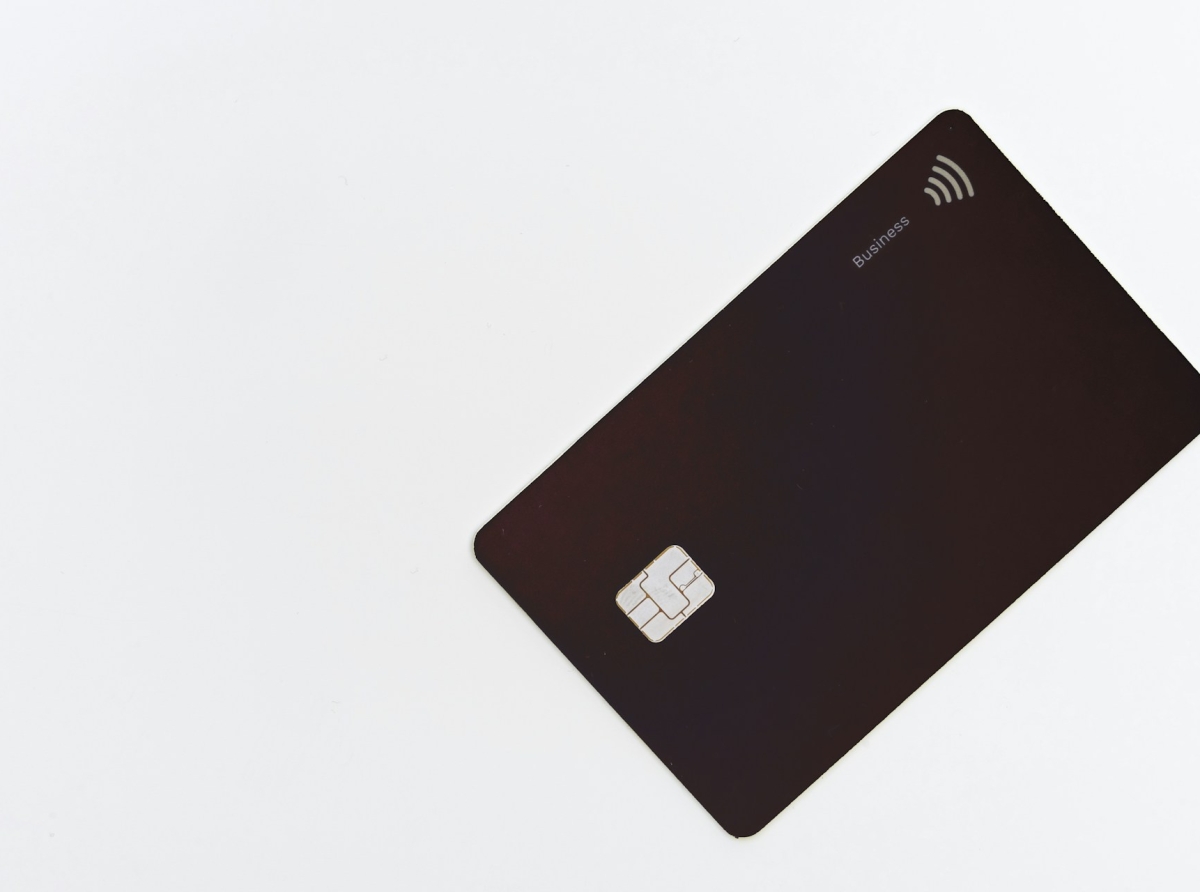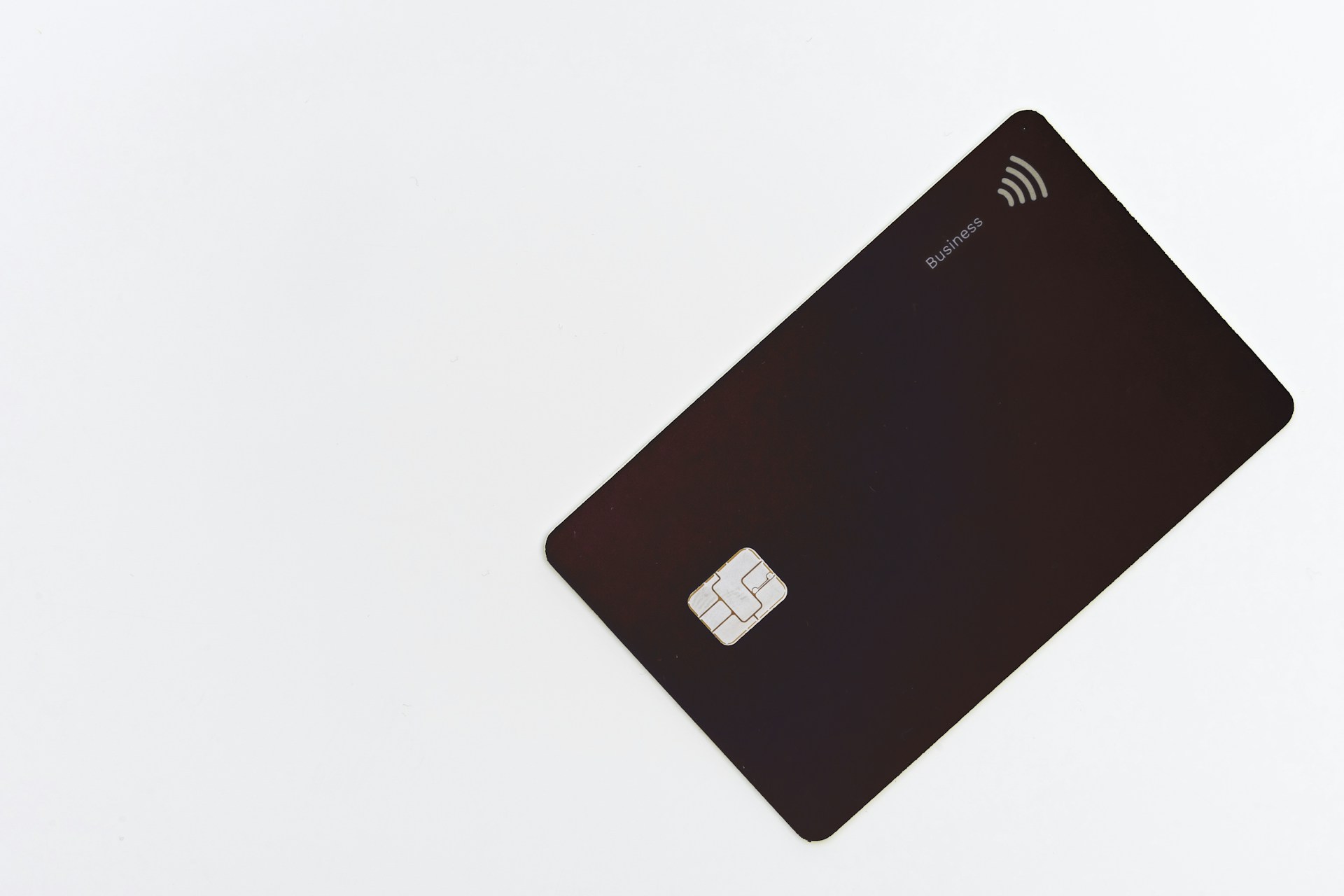The Rise of Cryptocurrency Debit Cards

The Rise of Cryptocurrency Debit Cards
The Historical Context and the Cryptocurrency Revolution
Banking, in some form or another, has been integral to human society dating back thousands of years. Ancient empires managed state-financed activities, while Renaissance-era banks in Italy laid the groundwork for modern banking practices. Traditionally, banks have been the bastions of financial security, offering services like deposits, withdrawals, and loans, facilitated by the use of physical currency.Fast forward to the digital age – money has transformed into bytes traveling through a vast virtual landscape we call the internet. Here lies the bedrock for an innovative disruption: cryptocurrency. This new form of currency promised a decentralized financial system, challenging traditional banking’s supremacy.
As cryptocurrencies like Bitcoin gained prominence, a new financial tool was inevitable – cryptocurrency debit cards were born. Just as plastic redefined transactions decades ago, cryptocurrency debit cards are poised to reshape how we think about money in our wallets today.

The Rise of Cryptocurrency Debit Cards
Understanding Cryptocurrency Debit Cards
Cryptocurrency debit cards are akin to traditional debit cards but with a groundbreaking twist: they allow users to perform transactions using their cryptocurrency holdings. Linked directly to one’s digital wallet rather than a bank account, these cards convert crypto assets into fiat currency at the point of sale.The divergence from traditional debit cards is stark. While both facilitate payments and withdrawals from ATMs, crypto debit cards bypass conventional banking infrastructure entirely. Instead of drawing from deposited fiat currency, they lean on blockchain technology for real-time crypto-to-fiat conversion.
Advantages Powering Adoption
The allure of cryptocurrency debit cards is multifaceted:Improved Security: Leveraging blockchain’s inherent security features minimizes fraud risks.
Lower Fees: By cutting out middlemen (banks), transaction fees often plummet.
Global Accessibility: Crypto knows no borders; neither do these debit cards, making international transactions seamless.
Furthermore, such advancements promise greater financial inclusion—a lifeline for the 1.7 billion unbanked adults worldwide. Instant transactions obliterate traditional banking delays while simplifying cross-border payments like never before.
Navigating Through Challenges
However, this bright future isn’t free from clouds:Market Volatility: The erratic behavior of cryptocurrencies can significantly affect card balances.
Regulatory Hurdles: Varying international laws create complex compliance landscapes for such products to navigate.
While solutions may be on the horizon, these issues currently temper widespread enthusiasm and adoption rates.
A Glimpse Into Future Banking Landscapes
Cryptocurrency debit cards could herald a fundamental shift in how institutions and consumers approach finance:As adoption spreads, we may witness a shift toward decentralized financial services reshaping conventional banking models—inciting legacy institutions to adapt or partner with fintech innovators.
In summary, cryptocurrency debit cards are not just another payment method; they’re harbingers of an all-encompassing financial evolution that could redefine inclusion, security, and efficiency in our everyday transactions.
Cryptocurrency, Debit Cards, Banking, Finance, Fintech














Report
My comments